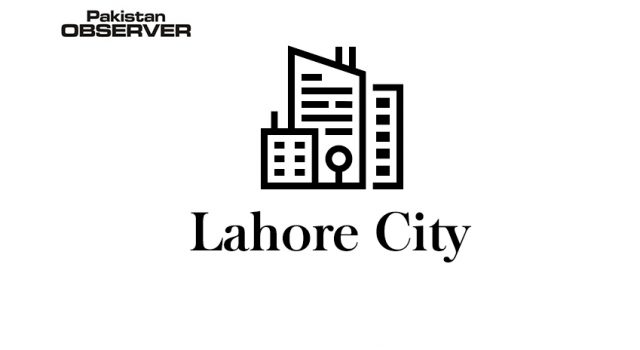Staff Reporter
There are a total 40,000 medical stores in the country, including 6,500 in Punjab and 40 per cent of them are working without any pharmacist, Patients Rights Forum Dr Noor Mehar said on Monday. Talking to media, Dr Noor Mehar said around 2,000 medical stores were operational in Lahore and the drug inspectors had sealed around 240 after inspection last year.
Around 14,000 pharmacists were unemployed in Punjab only, whereas most posts of the pharmacists were lying vacant even in Lahore hospitals, he added. He said as per rules, the appointment of a pharmacist was mandatory to get licence to run a medical store. ‘But, unfortunately, a large number of medical stores are being run by unauthorised persons, including dispensers,’ he added
To a question, he said dispensers got a nine-month diploma after passing the matriculation examination, while a pharmacist had to complete a five-year degree course after FSC. He said incidents of wrong medication by quacks could be prevented if pharmacists were available at medical stores.
He said there were two disciplines for pharmacists, one is called B-Pharmacy of four years course and the other was five-year Master of Pharmacy course. He said around 58 medical institutions in both public and private sectors, were working in the country, including 28 in Punjab, which had been producing around 6,000 pharmacists every year.
He said a licence from the Central Pharmacy Council in Islamabad was required to run an institution, but unfortunately most private institutions of pharmacy were working without a licence like medical stores









